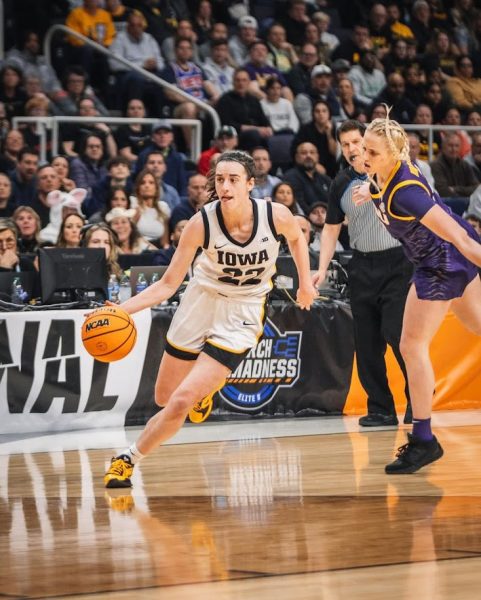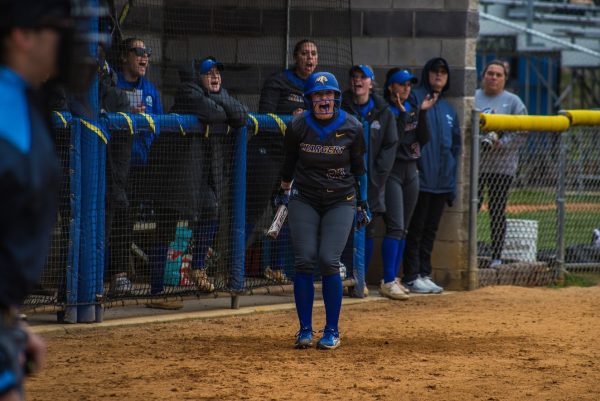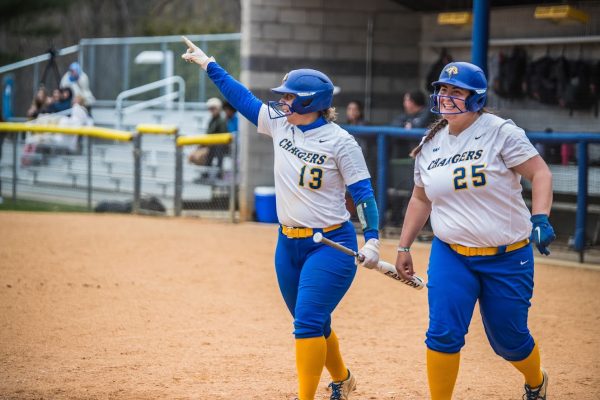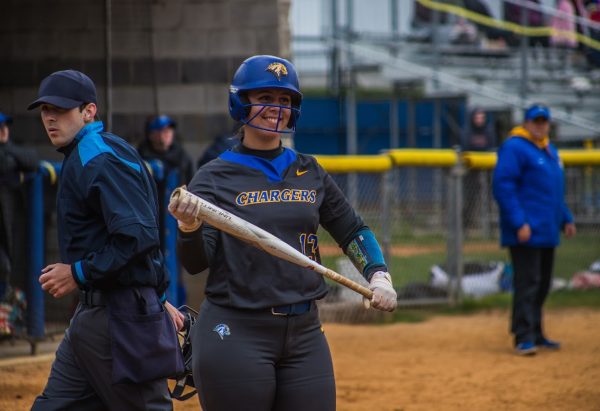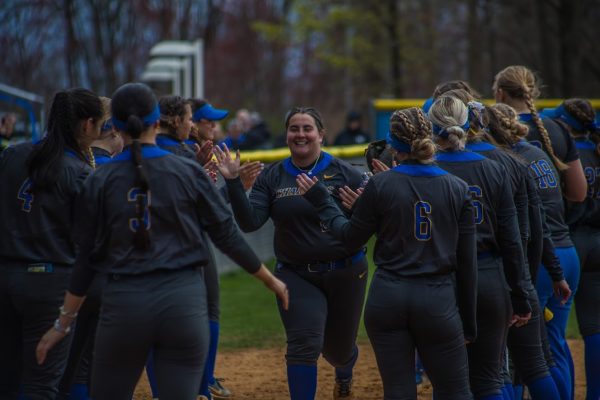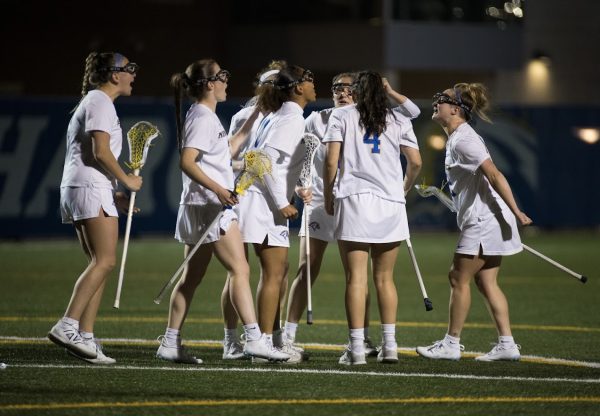NFL 2020 recap and what’s next
The National Football League capped off an incredible season on Sunday, with the Tampa Bay Buccaneers claiming the title as Super Bowl 55 champs, defeating the Kansas City Chiefs, 31-9.
The NFL’s 101st season was marked by uncertainty and change. The then Oakland Raiders secured a new venue in Las Vegas, while the Washington Football Team left their controversial “Redskins” name and held back voting on a new team name for the offseason. Rumors of delay or cancellation were rampant but through it all, the season was completed.
The NFL managed to stay on its feet. All 256 games were played, and the Super Bowl was held on its expected date of Feb. 7.
While preseason games were canceled, and international games were suspended, there was no impact on the season’s integrity. Starting in the fourth week, in-season scheduling changes and games on Saturdays and Tuesdays became the norm. Stadiums were empty, with crowd noise being pumped in through speakers. Cardboard cutouts replacing a rowdy crowd of fans.
In a typical football season, a player may miss a game or two because of an ankle injury or strained muscle, but in 2020, the culprit was usually COVID-19. Players who tested positive or were exposed to the virus were barred from participation in games until completion of a 14-day quarantine, and a negative test.
The NFL set strict guidelines for players prior to the season to mitigate the spread of the virus. The league’s final transmission rate was .08% with only 262 players testing positive.
Perhaps the most interesting result of the pandemic is its effect on the home-field advantage. Home teams traditionally win more when playing at home, but in 2020, road teams outscored their opponents by an average of 19 points.
Defying these statistics, the Tampa Bay Buccaneers were the first team to play a Super Bowl in their home stadium. After 20 seasons as a New England Patriot, Tom Brady donned Tampa’s red and black. He is the oldest quarterback to start, play, win, and receive the MVP award in a Super Bowl.
The league’s regular-season MVP was Aaron Rodgers, longtime quarterback of the Green Bay Packers. Rodgers racked up 48 touchdown passes and the highest completion percentage (70.7%) in the league. Tennessee Titans’ running back Derrick Henry was named the Offensive Player of the Year for his 2000 rushing yards in a single season and 17 touchdowns.
Defensively, Rams Aaron Donald edged Steeler TJ Watt for the title of Defensive Player of the Year. Watt and other Pittsburgh players tweeted their disagreement, with defensive tackle Cam Heyward saying “[they] aren’t paying attention. Respect is long overdue.”
Rookies also made their mark – Justin Herbert, the quarterback for the Los Angeles Chargers, was initially the backup to starting quarterback Tyrod Taylor but rose to the occasion after Taylor’s lung was accidentally punctured by the team doctor. Herbert went on to win the Offensive Rookie of the Year award.
The NFL has evolved in the past decade, with the players and fans changing with it. Yet, an extremely abnormal season ended in the most
normal way possible: Tom Brady raising up the Super Bowl trophy for the seventh time in his storied career.

Lindsay Giovannone is a senior majoring in history and minoring in criminal justice. She has been part of the paper since she was a freshman and has previously...


